
Introduction
The CAF Confederation Cup is Africa’s secondary club competition, often compared to the UEFA Europa League in Europe. While both tournaments provide opportunities for clubs to gain continental recognition, they differ in structure, financial rewards, competitiveness, and overall influence. This article delves into the similarities and differences between the CAF Confederation Cup and major European club tournaments such as the UEFA Champions League, UEFA Europa League, and UEFA Conference League.
Historical Background
CAF Confederation Cup
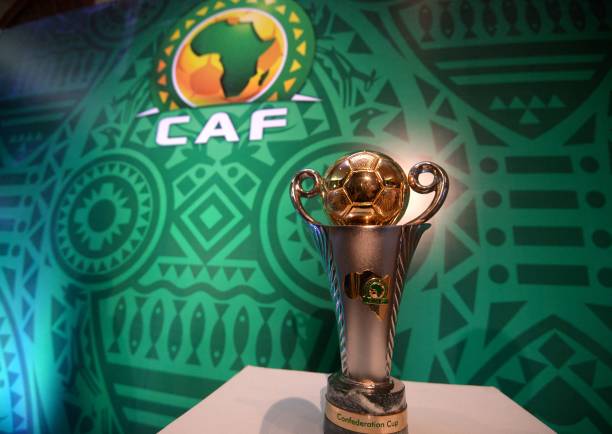
The CAF Confederation Cup was established in 2004 following the merger of the CAF Cup and the African Cup Winners’ Cup. It is governed by the Confederation of African Football (CAF) and serves as Africa’s second-tier club competition. Teams qualify through their domestic leagues and cup competitions, competing for a continental title that offers prestige and a place in the CAF Super Cup.
European Club Tournaments
UEFA, the governing body of European football, organizes three major continental competitions:
- The UEFA Champions League (UCL), the most prestigious club tournament in the world.
- The UEFA Europa League (UEL), a secondary competition for teams that fail to qualify for the UCL or finish in mid-table positions.
- The UEFA Europa Conference League (UECL), introduced in 2021 to provide more clubs with international experience.
Competition Structure & Format
CAF Confederation Cup Format
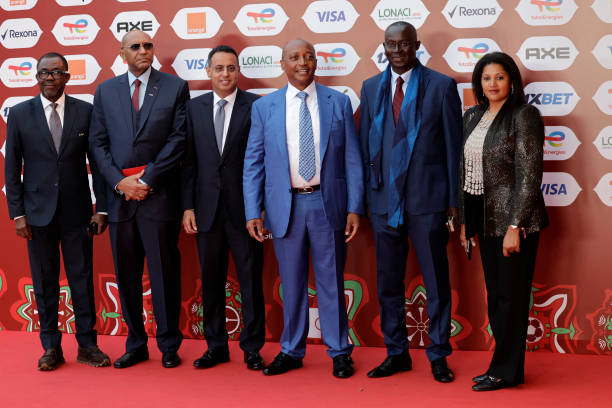
- The tournament starts with preliminary rounds where lower-ranked teams compete for qualification.
- Losers from the CAF Champions League playoff round enter the Confederation Cup group stage.
- The group stage consists of four groups of four teams, with the top two from each progressing to the knockout rounds.
- The final is played over two legs, unlike the single-legged UEFA Europa League final.
European Tournaments Format
- The UEFA Champions League features direct qualification for top teams in Europe’s elite leagues, followed by a group stage and knockout rounds.
- The UEFA Europa League follows a similar structure, with group stage qualification through league finishes or domestic cup victories.
- The UEFA Conference League is intended for lower-tier teams from smaller European nations, providing them with continental exposure.
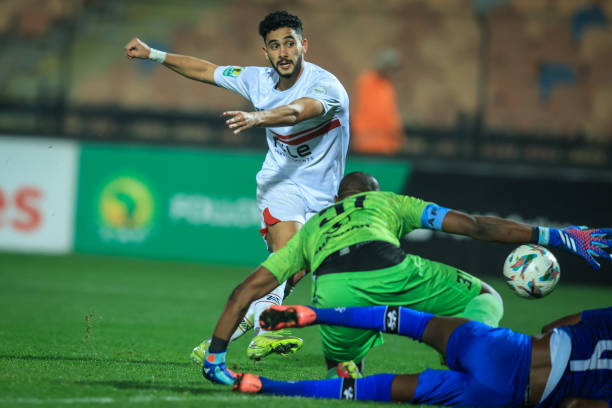
Quality of Teams and Competitiveness
The CAF Confederation Cup features a mix of emerging and mid-tier African clubs, including teams from Egypt, Tunisia, Morocco, and South Africa. Unlike European competitions, where financially dominant clubs have a significant edge, African club football is more unpredictable due to financial constraints and logistical challenges.
In contrast, European tournaments have a higher concentration of elite clubs with world-class players. The financial strength of European teams ensures a greater level of competitiveness, especially in the later stages.
Financial Rewards and Sponsorship
Prize Money in the CAF Confederation Cup
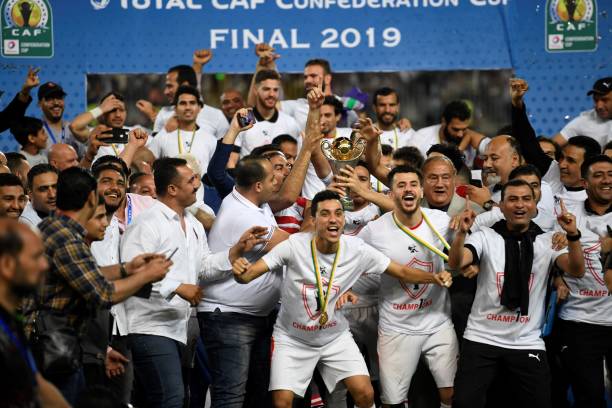
- The winners receive approximately $1.25 million, significantly lower than European tournaments.
- Sponsorship deals and television rights are growing but remain limited compared to UEFA competitions.
- Clubs often struggle with financial stability due to lower commercial revenue.
European Tournaments’ Prize Money
- UEFA Champions League winners earn upwards of $100 million, including prize money and commercial deals.
- UEFA Europa League winners take home around $8 million, with substantial financial incentives for each stage.
- UEFA’s strong sponsorship agreements with global brands contribute to the lucrative nature of these competitions.
CHECK OUT TOP 3 FREE BETTING PREDICTION SITES
Accuratepredict.com Soccerpredictions.net Betloy.com
Fan Engagement and Stadium Attendance
While both African and European tournaments attract passionate fans, European clubs enjoy higher attendance figures and global viewership.
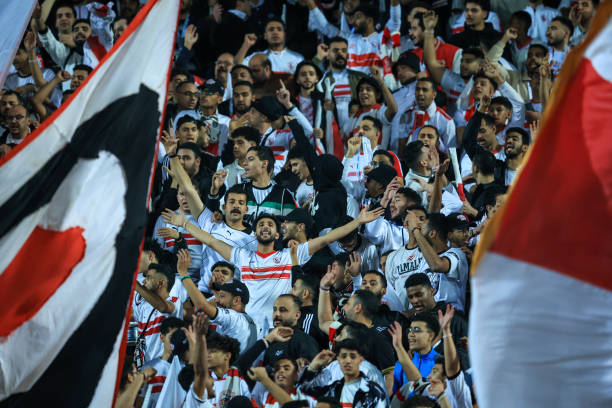
- CAF Confederation Cup: Attendance varies based on club reputation and infrastructure. Some clubs struggle with poor stadium facilities and fan turnout.
- UEFA Tournaments: European clubs boast state-of-the-art stadiums, extensive fan engagement strategies, and multi-billion-dollar broadcasting deals.
Broadcasting and Global Reach
European tournaments have widespread global coverage, with matches aired across multiple continents. The UEFA Champions League is arguably the most-watched club competition in the world.
The CAF Confederation Cup is steadily improving in terms of media coverage, with CAF signing deals with international broadcasters. However, limited infrastructure and inconsistent TV rights deals hinder global visibility.
Tactical Styles and Playing Conditions
African club football is known for its physicality, pace, and raw talent, whereas European football emphasizes tactical discipline, structured formations, and possession-based play.
- CAF Confederation Cup: More unpredictable matches due to varying pitch conditions, weather factors, and playing styles.
- UEFA Tournaments: Teams often follow modern tactical trends with high levels of technical proficiency.
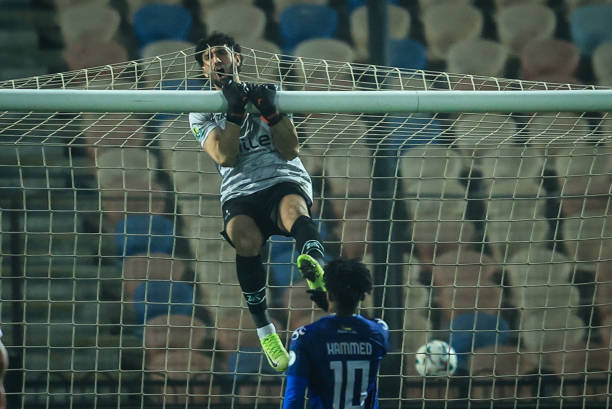
Impact on Domestic Leagues
Participation in the CAF Confederation Cup is prestigious but does not guarantee significant financial gains for domestic leagues. In contrast, UEFA competitions greatly enhance a club’s financial strength and ability to attract top talents.
SUGGESTED FOR YOU
The African Players with the Most International Caps: Ultimate Legends of the game
Conclusion
The CAF Confederation Cup and European tournaments serve as vital platforms for club football, albeit with distinct differences in structure, finances, and global influence. While UEFA competitions are significantly more lucrative and attract global audiences, the CAF Confederation Cup plays a crucial role in developing African club football. Continued investment, improved infrastructure, and better broadcasting deals could bridge the gap and enhance Africa’s representation on the world stage.









